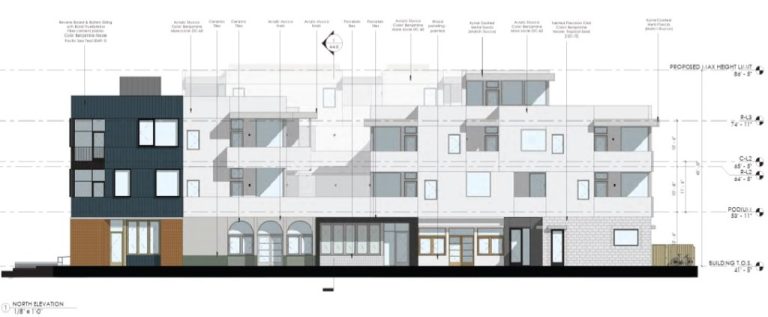
People risk increasing their energy bills by following certain savings ‘tips’, a heating expert has warned.
With the cold weather season in full swing, Simon Brown, lead engineer and compliance officer at Rightio, has delved into the most common misconceptions about winter heating to bust some myths and help people reduce their bills.
It’s cheaper to leave your hot water on all the time – myth
There are two types of boilers – combi and system boilers. A combi boiler works on demand, which means that as soon as the tap is turned on, it will start generating hot water.
A system boiler, on the other hand, comes with a hot water cylinder that needs to heat up when hot water is needed.
Mr Brown said: “With a combi boiler, you don’t need to worry about turning it on and off, because the action is performed automatically. This type of boiler is best suited for homes where the water pressure is right.
“A system boiler, however, can be operated in two different ways: through heating the tank only when needed, or through leaving it on permanently.”
Household Money Saving tested both methods to establish which one is more efficient and cost-effective. The results showed that throughout the month when the boiler was constantly on, the household used 253 kWh and spent £7.78. During the month when the water was heated only when needed, the household used 199 kWh and spent £6.11.
Mr Brown said: “And with that, the myth is busted. Get a system boiler with a well-insulated tank to keep the water hot for longer. In order to increase your boiler efficiency, make sure you get it serviced regularly and change it every 10 years or so.”
Turning the thermostat up higher will heat the house quicker – myth
Some believe turning up the thermostat higher than recommended may help the home heat up quicker.
Mr Brown said: “Our house will heat up at the same speed regardless of how high the temperature of the thermostat is. That’s because your thermostat doesn’t have control over how quickly your house heats up. Instead, it matches the final temperature you’ve set.
“Turning the thermostat up in an attempt to warm the house up quicker will cost you more money and will eventually make the room uncomfortably hot.”
Mr Brown suggested keeping the thermostat at the recommended temperature of 18C to 21C when in the house and making sure a timer is set accordingly to avoid coming home to a cold house.
Get an engineer to look at your boiler only if it stops working – myth
Opting for a yearly Gas Safe boiler service instead of only booking an appointment when there’s an issue can prevent a “costly bill” in the long run, Mr Brown said.
He explained: “Servicing can identify any potential issues before they become a problem. It’s a preventative measure that can stop your boiler from breaking in the future and costing you a fortune.
“Make sure you call a Gas Safe registered engineer because their expertise will ensure that strict safety standards are followed and that the job is done to the highest quality.”
Double-glazed windows keep the heat in – myth
It’s commonly thought that a lot of heat at home is lost through the windows, which is why double-glazed windows are extremely popular. However, this accounts for only 25 percent of the total heat loss.
According to Designing Buildings, the construction ‘Wiki’, the biggest source of heat loss is through the walls at 35 percent. Around 25 percent of heat is lost through the roof, and 15 percent through the floors.
That being said, Mr Brown added: “Double glazing your windows is still a viable solution, but it could be expensive. Insulate your walls and loft to stop heat from leaving your home.
“Although these might seem like small changes, when used efficiently, they can significantly impact your energy usage and cost. Don’t let your energy bill give you the cold shoulder.”







